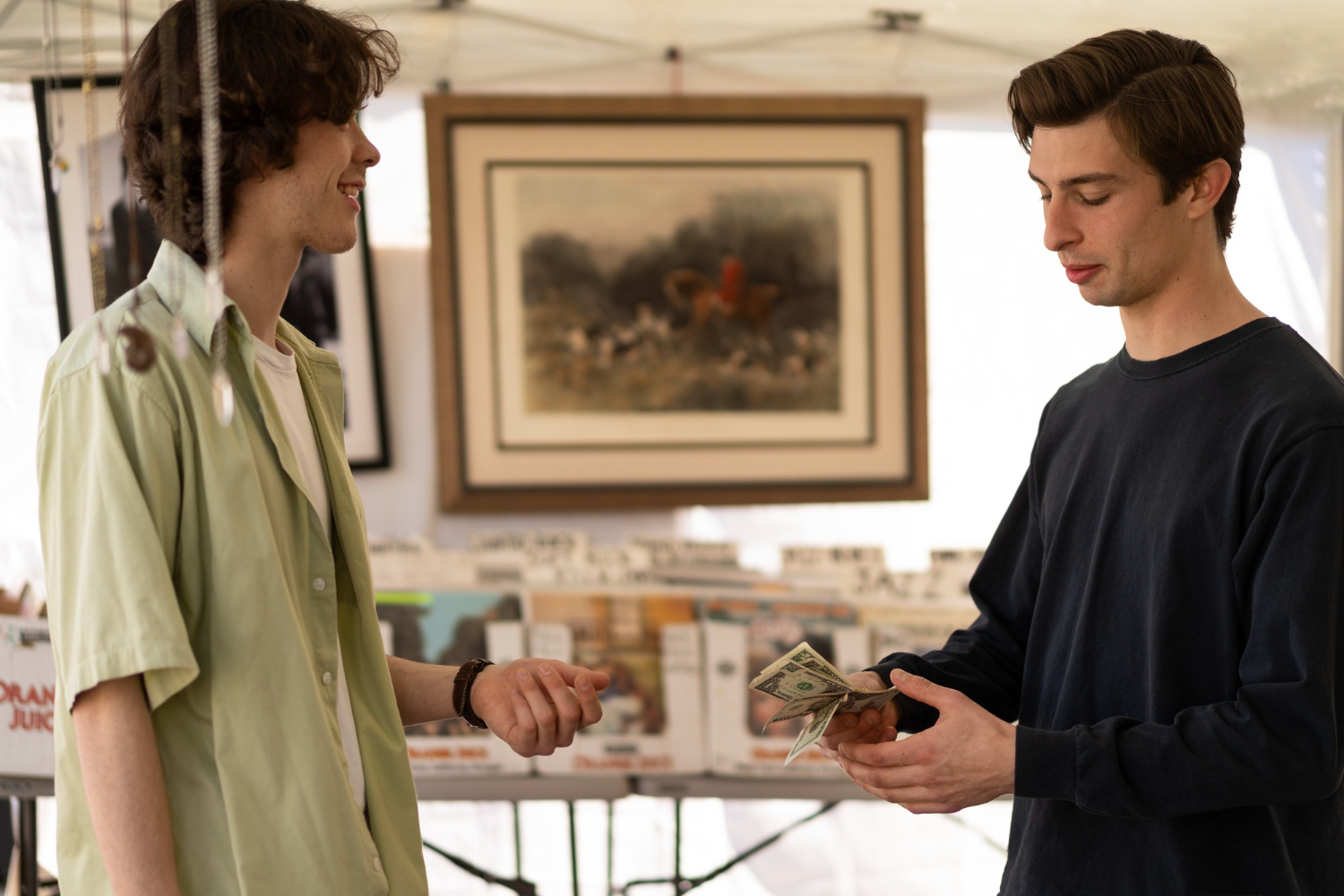If you’re in California and considering pawning antiques or art to secure fast cash, you might be wondering how pawn shops evaluate such valuable items. At AJ’s Super Pawn, we pride ourselves on providing fair assessments for a wide range of valuables, including fine art and antiques. Understanding what pawn shops look for can help you prepare your items and ensure you receive the best possible offer.
How Pawn Shops Evaluate Antiques and Art
When it comes to antiques and art, pawn shops rely on several key factors to gauge their value. These elements include authenticity, condition, provenance (history), artist reputation, and cultural or historical significance. Below, we provide a detailed guide to help you understand how these aspects are analyzed at professional pawn shops.
Authenticity is Key
One of the most critical steps in evaluating antiques and artwork is determining authenticity. Pawn shops will inspect your pieces to ensure they are genuine and not reproductions. This often involves looking for hallmarks, maker’s marks, or identifying features that confirm the item’s origin.
For example, original paintings may be assessed for the artist’s signature, brushstroke patterns, or unique stylistic elements. Similarly, antiques like furniture or collectibles might include stamp marks or labels from the year they were produced. Providing certificates of authenticity or professional appraisals can greatly expedite this process and enhance your item’s value.
Condition Matters
The condition of antiques and art directly impacts their value in the eyes of a pawn shop. Well-preserved items naturally command higher offers, while damage such as chips, cracks, fading, or tears can significantly lower a piece’s worth. Before heading to the pawn shop, you might want to take steps to clean your items gently and safely. Avoid over-cleaning or using harsh chemicals, as this can damage delicate surfaces.
The Importance of Provenance (History)
Provenance, or the history of ownership, adds both prestige and value to antiques and artwork. Pawn shops will assess whether an item has notable historical significance or connections to a prominent figure, period, or event. For instance, sculptures or paintings with a detailed record of past ownership—such as exhibition history or sales from reputable galleries—are often more desirable to collectors and pawn shops alike.
If you have documentation or records associated with your item, bring these along. Antique furniture with a known maker or a painting linked to a specific artistic era tends to stand out during appraisals.
Artist Reputation and Cultural Value
Art and antiques created by well-known or influential artists often hold more value. Pawn shops will consider the reputation and significance of the artist when determining the worth of a piece. For art, this could involve identifying whether the artist has works in museums or auctions.
Cultural and historical significance can also play a role. Items that reflect a particular culture or time period and hold rare or symbolic meanings are highly appealing to buyers, increasing their value at the pawn shop.
Practical Tips for Preparing Antiques and Art for Appraisal
If you want to get the best offer possible for your antiques or artwork, preparation is key. Follow these practical tips to present your items in their best light:
- Clean with Care: Use appropriate cleaning methods for your specific items. A microfiber cloth can remove dust from paintings, while light polishing may enhance the appearance of metal antiques. Be cautious not to over-restore items, as this can sometimes reduce their authenticity.
- Gather Documentation: Bring any certificates of authenticity, previous professional appraisals, or sales invoices when you visit the pawn shop. These documents help verify the value and legitimacy of your goods.
- Assess Professional Appraisals: If possible, consider having the item appraised by an expert before heading to the pawn shop. While not necessary, professional appraisals help establish a baseline value and show you’ve done your research.
- Store Items Properly: Transport and store your antiques and art with care. Use padded or protective coverings to prevent damage during transit, especially for fragile items like sculptures or framed art.
Why Choose AJ’s Super Pawn for Antiques and Art?
At AJ’s Super Pawn, we understand the unique value of antiques and art pieces and are committed to providing thorough and transparent evaluations. With expertise in assessing authenticity, condition, and cultural significance, we ensure our customers receive fair and competitive offers every time.
AJ’s Super Pawn: Pawn Shops in Pomona and Chino, California
AJ’s Super Pawn is your trusted partner in Southern California. With locations in Pomona and Chino, we offer fair assessments, fast cash, and exceptional customer service.
Give us a call today (Pomona: 909-622-0334, Chino: 909-465-5456) or visit us in person to learn more. You can also fill out our contact form to get in touch with our team conveniently. Trust AJ’s Super Pawn with your antiques and artworks for a professional, hassle-free experience!





